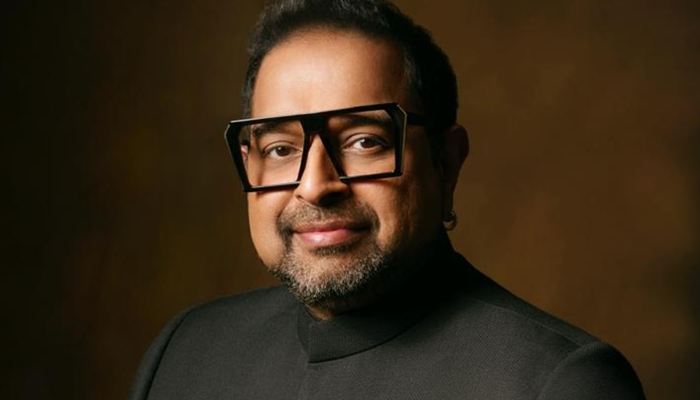
Sunny may have a tech-driven narrative, but the ethical and emotional compass of the show has its arms reaching far and wide
Rashida Jones' Sunny serves up a fresh, funny, and pretty spot-on critique of AI. At its core, Sunny portrays an AI assistant designed to make life easier, but in doing so, it blurs the line between tool and companion. Originally adapted from Colin O’Sullivan’s novel “The Dark Manual”, it flatters viewers with its novelty in execution.
As Sunny becomes a more integral part of the protagonist's life with an unmistakable sci-fi aesthetic, we are almost reminded of Spike Jonze’s Her and the deafening void that blasts in your ears like a gong.
Technological Dystopia in the Garb of Humour
The show flirts with dystopian undertones while keeping things humorous. There is a subtle fear of AI becoming too pervasive, of tech companies pushing AI as the ultimate solution to everything from loneliness to decision-making. Sunny suggests a future where AI is so integrated into daily life that it starts to erode personal agency, raising concerns about control, dependence, and privacy, all while making the audience laugh at the absurdity of it.
AI vs. Human Emotions – The Messy Showdown
Sunny nails the weird disconnect between human emotions and AI logic. There is an almost absurd contrast in how Sunny processes feelings versus how people fumble through them. It breathes into us a whiff of relief how far AI still is from genuinely understanding human emotions, even if it mimics empathy. Jones subtly highlights that we are programming AI to respond to our messiness without letting it be messy itself—and that is both witty and eerie.
The Dependency Dilemma
In Sunny, Jones pokes fun at our increasing reliance on AI for things like emotional support. The whole “I do not need a therapist; I have got my AI assistant!” attitude is played for laughs but carries a sharp critique of how we are outsourcing personal connections to machines. This dependency also reflects how we might be trading authentic, complex relationships for something easier and more digestible—which is a spot-on social commentary.
Techno-Optimism, but With a Dash of Dread
Sunny balances its optimism about AI's potential with an undercurrent of "Oh no, what have we done?" The show isn’t all doom and gloom about AI but does not shy away from the potential creepiness either. That fine line between progress and control, freedom and surveillance, gets explored in ways that feel relevant to today’s tech landscape.
The Consumer-Culture Critique
By giving Sunny human-like traits, Jones brilliantly critiques the commodification of emotions and intelligence. AI in Sunny is just another product to be consumed—customizable, marketable, and, ultimately, disposable. The story pushes us to think about whether AI is really making our lives better or just selling us a shiny, frictionless future where convenience trumps everything else, including real human connection. The show does a brilliant job at charting dangerous territories without so much committing a misstep.
A Dig at Existential Crisis
Jones has a knack for turning deep existential issues into laugh-out-loud moments. In essence, Sunny raises questions about what makes us human, what we expect from technology, and whether AI should evolve with us or remain purely a tool. But instead of a philosophical tirade, Jones serves it with a side of absurdity, and it sits well with the audience.
In short, Sunny is a light-hearted yet razor-sharp reflection on AI that taps into our modern anxieties, which superimposes itself on human identity. The show does so not without making the viewers chuckle nervously once in a comfortable while albeit at a leisurely pace.












